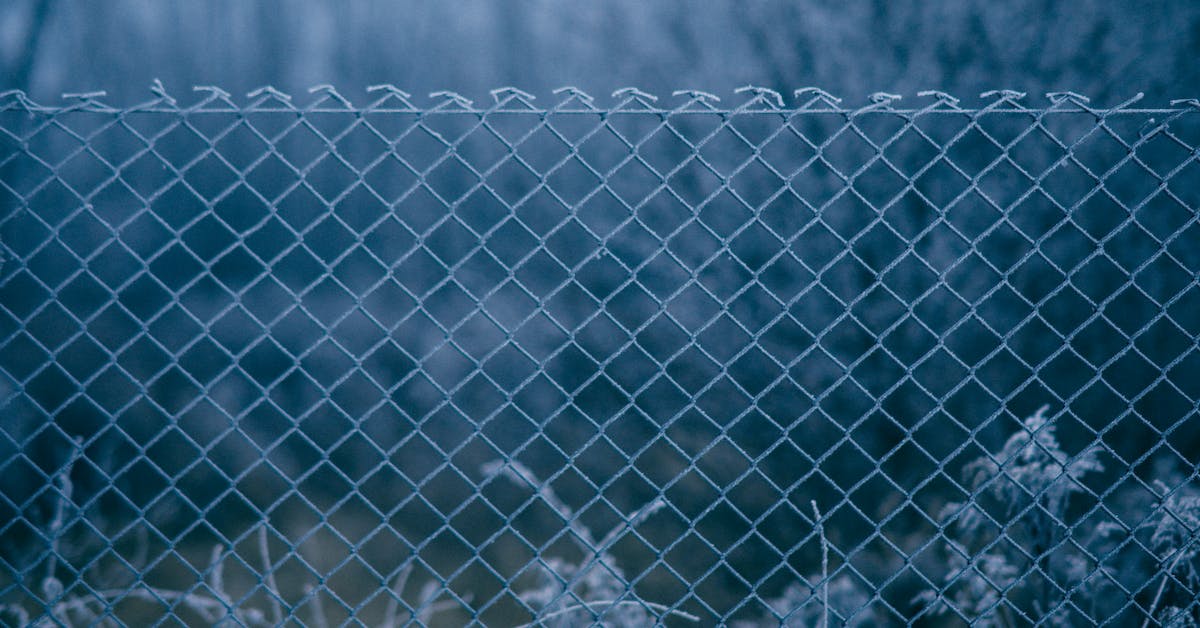Understanding Chain Wire Fence Basics
The Benefits of Installing Chain Link Fences
When it comes to securing your property, chain link fences are a popular choice. They offer a range of benefits that make them an excellent option for both residential and commercial properties. In this post, we will explore the advantages of installing chain link fences.
Cost-Effective Solution
One of the primary benefits of chain link fences is their cost-effectiveness. Compared to other fencing options, chain link fences are relatively inexpensive. They are an excellent choice for those looking for affordable fence buILders in Chicago. The low cost does not compromise the quality or durability of the fence, making it a worthwhile investment.
Durability and Maintenance
Chain link fences are known for their durability. They can withstand harsh weather conditions, and they are resistant to rust and corrosion, especially when coated with vinyl. This makes them an ideal choice for Chain Link Fence Chicago, IL, where weather conditions can vary significantly. Additionally, chain link fences require minimal maintenance. A simple wash with soap and water is usually enough to keep them looking new.
Security and Visibility
Chain link fences provide excellent security. They are tough to break through, and their open weave design allows for clear visibility, making it difficult for intruders to hide. This is one of the reasons why Chain Link Fence Contractors Chicago often recommend them for both residential and commercial properties.
Easy Installation
Another benefit of chain link fences is their ease of installation. Unlike other types of fences, chain link fences can be installed relatively quickly, reducing labor costs. This makes them an excellent choice for those who need a fence installed in a short amount of time.
Versatility
Chain link fences are highly versatile. They can be used in a variety of settings, from residential homes to commercial properties, and they can be customized to fit any size or shape. They can also be coated in different colors to match the aesthetic of your property.
In conclusion, chain link fences offer a range of benefits that make them an excellent choice for securing your property. They are cost-effective, durable, provide excellent security, are easy to install, and are highly versatile. If you are looking for affordable fence buILders in Chicago, consider installing a chain link fence. For Chain Link Fence Chicago, IL, or if you need Chain Link Fence Contractors Chicago, don’t hesitate to reach out to us. Visit us in Chicago to learn more about our services and how we can help you secure your property with a chain link fence.




